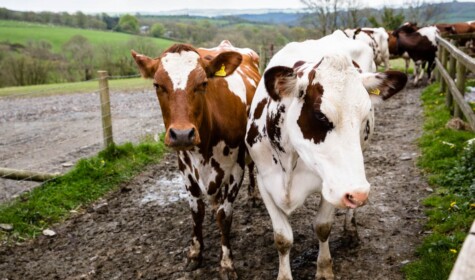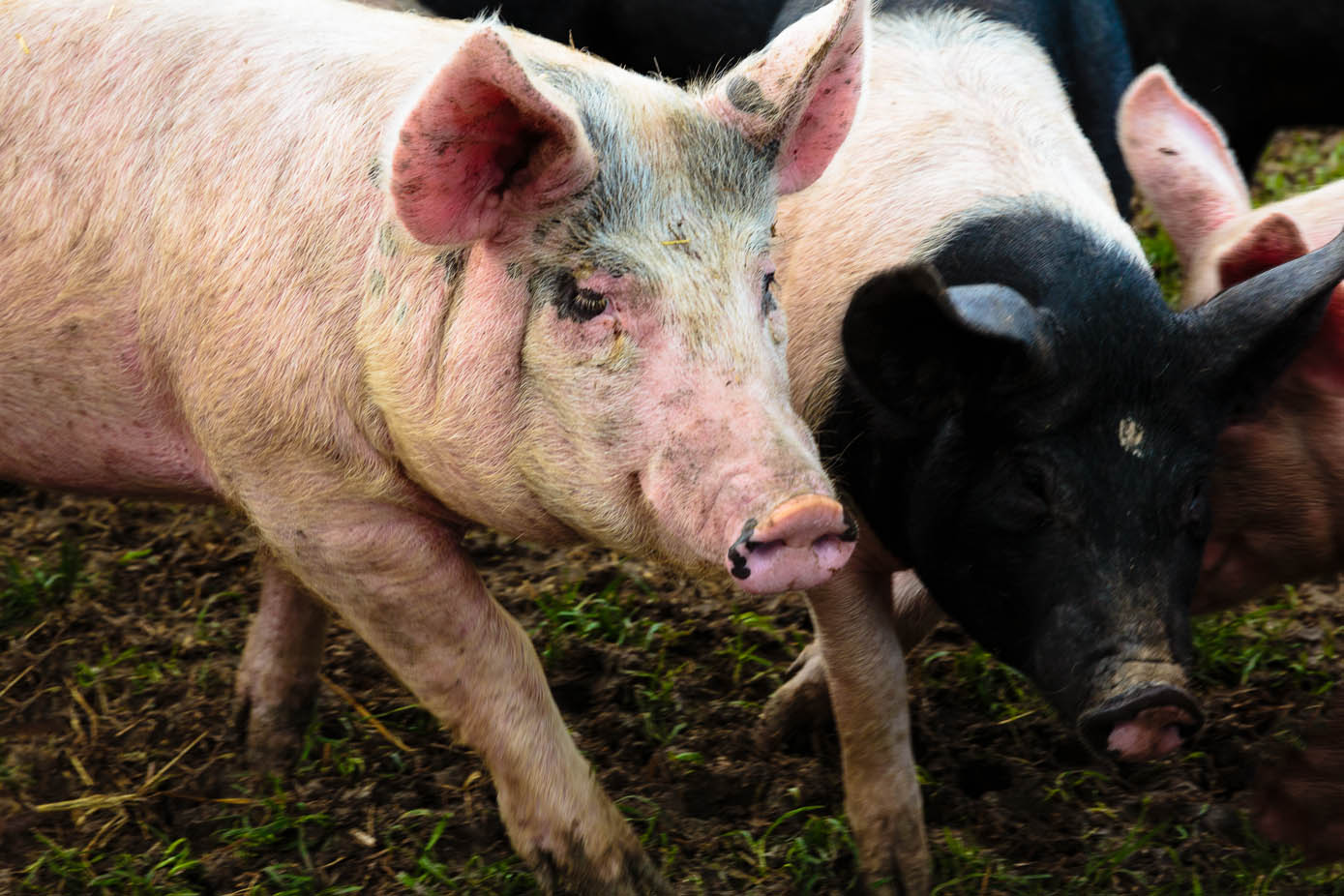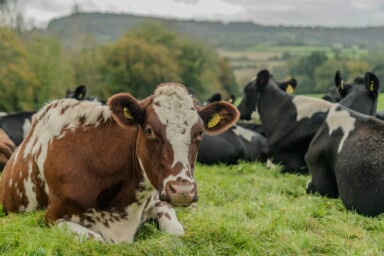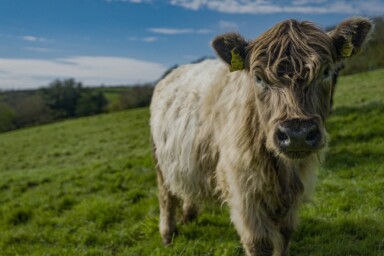From grazing livestock to local abattoirs, our sessions at this year’s Oxford Real Farming Conference were a chance to share some of our latest work and to connect with others who are pushing for positive change. In this article, our Head of Policy and Campaigns, Megan Perry, reports back from the discussion on the future of local abattoirs.
Our session at the Oxford Real Farming Conference on ‘Local Abattoirs: Funding, Future Models and Next Steps’ could not have come at a better time, hot on the heels of the launch of the Smaller Abattoir Fund. The progress and positive tone of the session was in contrast to the first session we held at ORFC about abattoirs in 2018, when the late Richard Young launched our report ‘A Good Life and A Good Death: Relocalising Farm Animal Slaughter’. The shocking reality that our small abattoir network was on the brink of collapse kickstarted a campaign which saw widespread support and has resulted in small abattoirs being treated as a priority issue by Defra.
The session was expertly chaired by Baroness Sue Hayman, previously Shadow Secretary of State for Environment, Food and Rural Affairs. Sue is also President for the Rare Breeds Survival Trust, one of the members of the Abattoir Sector Group, and understands the critical importance of small abattoirs for native breed farmers.
John Powell, Defra
John Powell, Head of Agricultural Teams at Defra, outlined the new Smaller Abattoir Fund which was launched last month and is open to eligible abattoirs to apply for grants to improve animal health and welfare, increase productivity, add value to products or contribute to new technology and innovation. He urged eligible abattoirs to apply for the fund, saying the Government had done its bit and it now lies with industry to take up the money. Demonstrating the fund works and is successful will make a stronger case for making more money available to the sector in future.
John Powell also shared that Government have begun pulling together a case for adoption of the ‘5% rule’ and that Ministers are keen to see this happen quickly. The rule is a flexibility that exists in EU legislation and enables smaller abattoirs to slaughter up to 5% of the total national throughput without triggering full veterinarian presence and charges. Failure to adopt this rule has stifled productivity and growth in the sector as some of the smallest abattoirs opt to keep their throughput under the 1,000 livestock units per annum allowance in order to keep inspection and charges to a minimum. This is an important step in the right direction and is something the Abattoir Sector Group has been lobbying for.
He emphasised that Defra want to support the sector, saying, “You bring the problems to us and together we’ll look at what’s possible…We really are supportive of small abattoirs.”
Stephen Hill, Perrys of Eccleshall
Stephen Hill, owner of small abattoir and butchery Perrys of Eccleshall, welcomed the new fund: “The funding has come at the right time for me, I want to move the business forwards.”
He called on existing small abattoirs to think about their future and emphasised the need for a succession plan. He said: “If you are a small abattoir owner and you are thinking of closing the abattoir then mothball it, don’t close it. We can’t afford to lose any more small abattoirs. Someone might come along who would want to take it over.”








